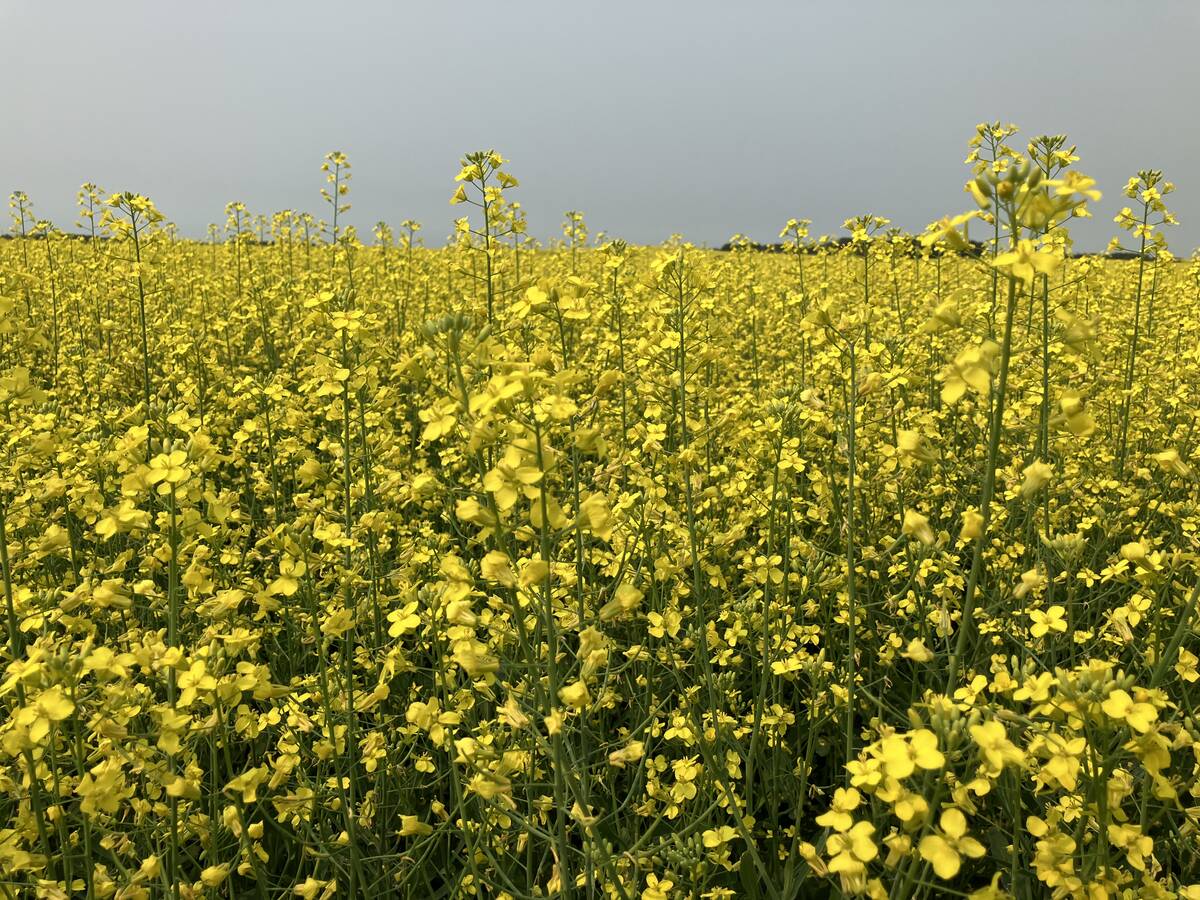European-American disputes over things like genetically modified organisms and bovine somatotropin involve both sides yelling in a language the other isn’t speaking, said William Leiss, a risk management expert at the University of Calgary.
“Every country has areas of public policy which are value-driven to which the principles of risk management will not apply,” Leiss told members of Crop Life Canada, which represents pesticide manufacturers and weed control companies.
North American farmers, food processors and politicians often accuse Europeans of being non-scientific in their approach to the safety of things like GMOs and BST, a milk-boosting hormone given to dairy cattle. And many argue that the Europeans are only using their alleged concerns as a way to block trade.
Read Also

Canola used in only quarter of Canadian biofuel
Less than one-quarter of the biodiesel and renewable diesel used in Canada in 2024 was made from canola oil feedstock
But Leiss said that in Europe food is of great cultural value, as in France and Italy, which have national cuisines.
North Americans are being na•ve if they think Europeans will accept scientific tests as a sufficient means of determining whether to accept GMOs or other food manipulations.
He said Canadians need to understand that every country, including the one that claims to be the champion of “sound science,” has subjects it is not rational about.
“There are huge areas of public policy in the U.S. that are off limits to the rational approach of risk management.”
He said examples include the American acceptance of mass firearm ownership, which causes thousands of deaths a year, the ongoing campaign of some Americans to eliminate women’s right to abortions, and the war on drugs, which he described as a “complete and utter failure as a way of managing the risks of psychoactive substances.”

















